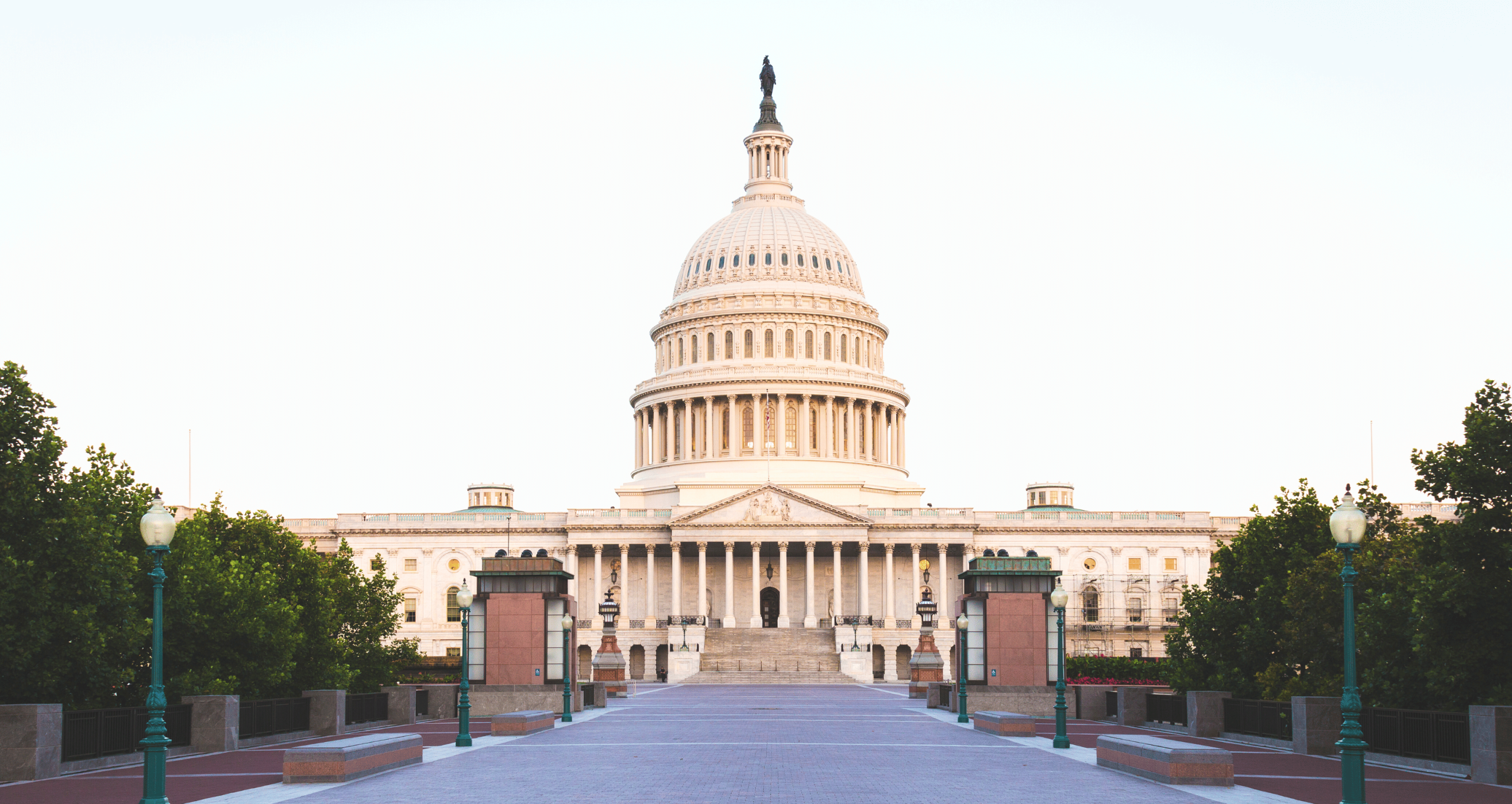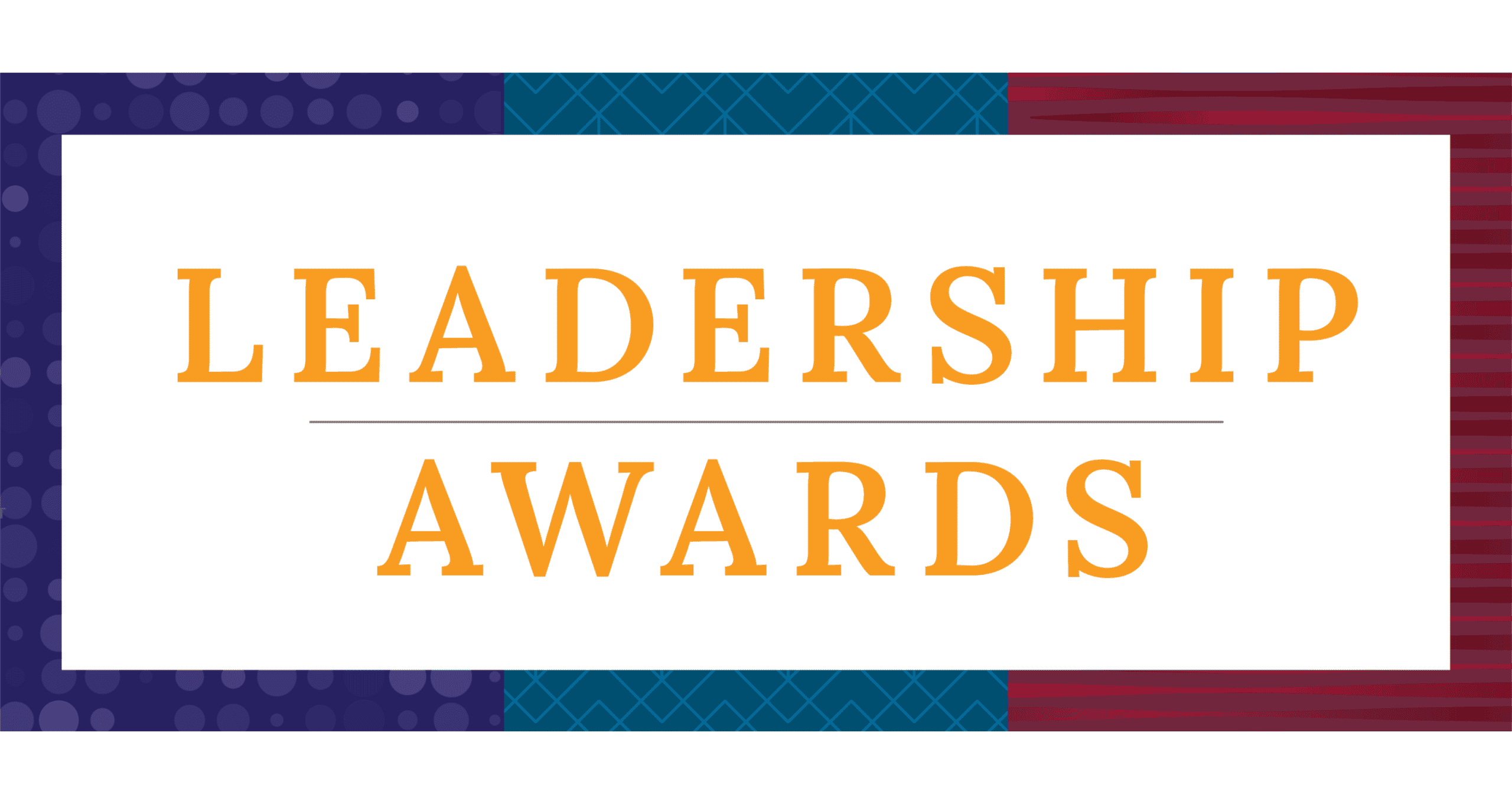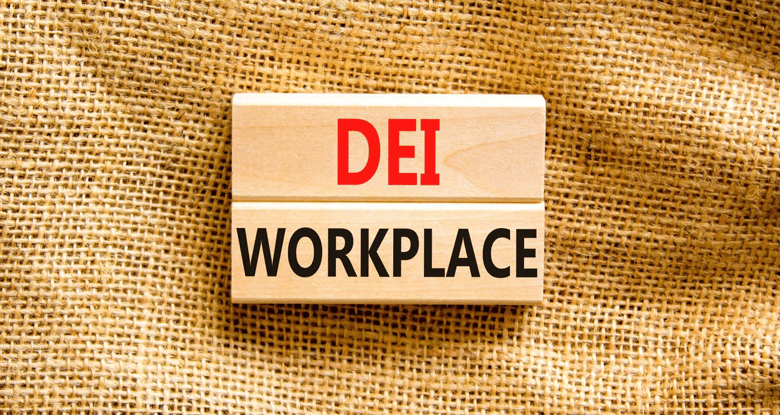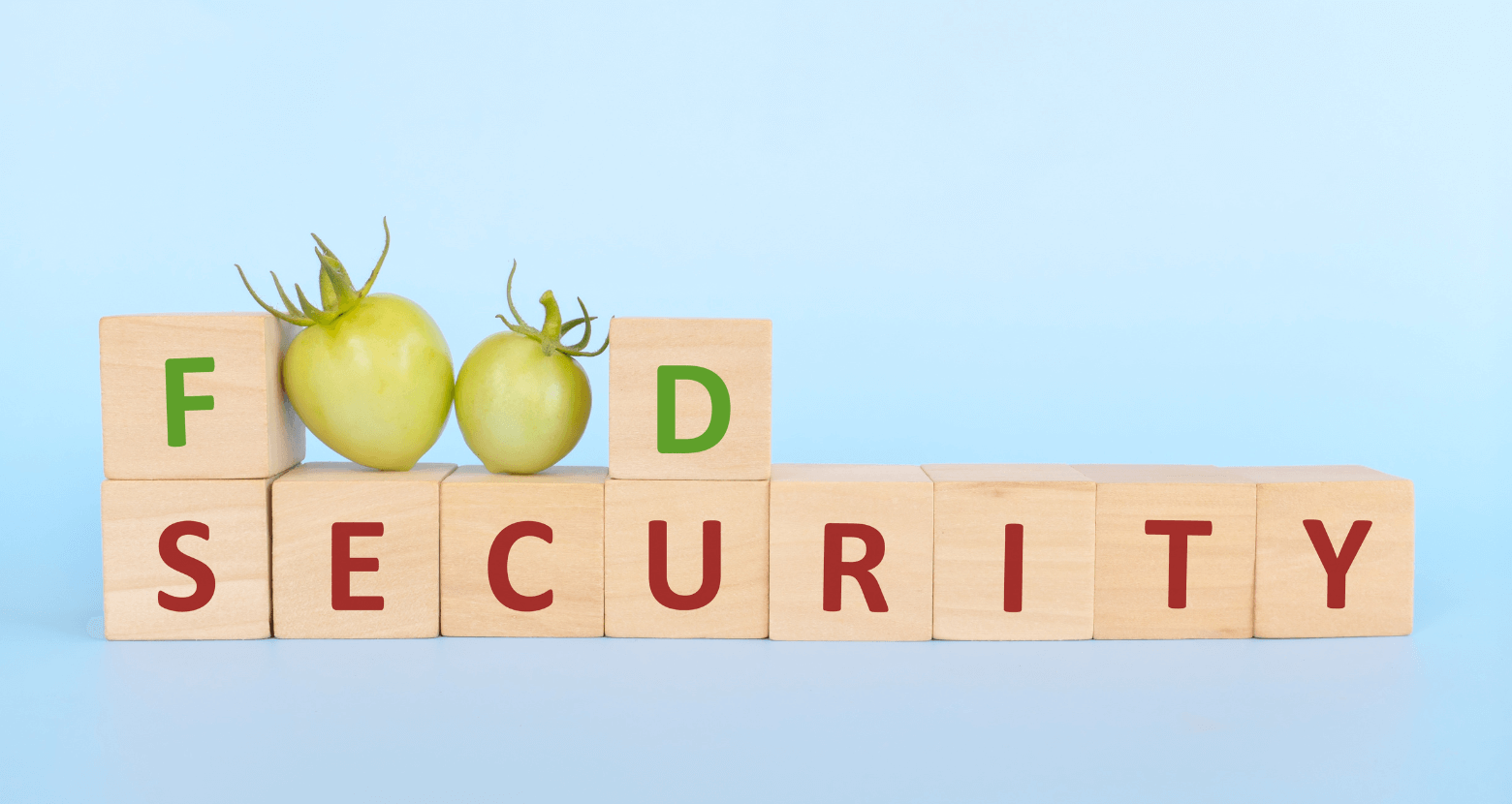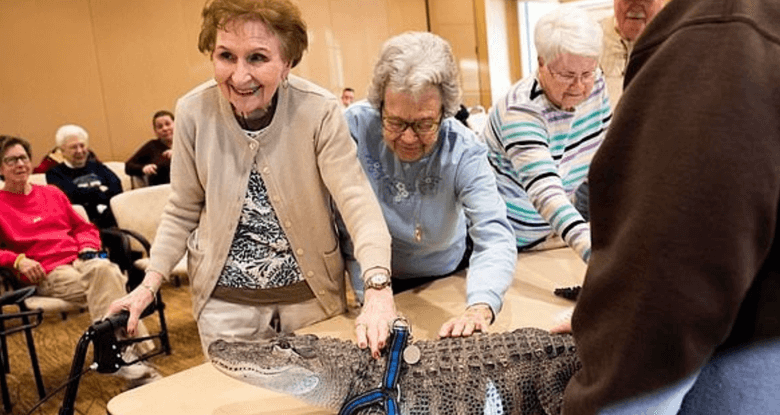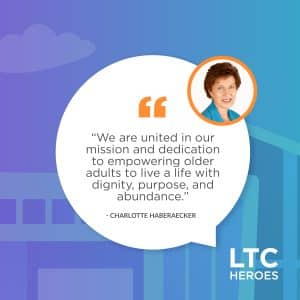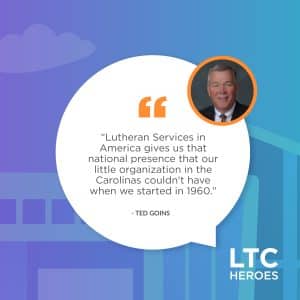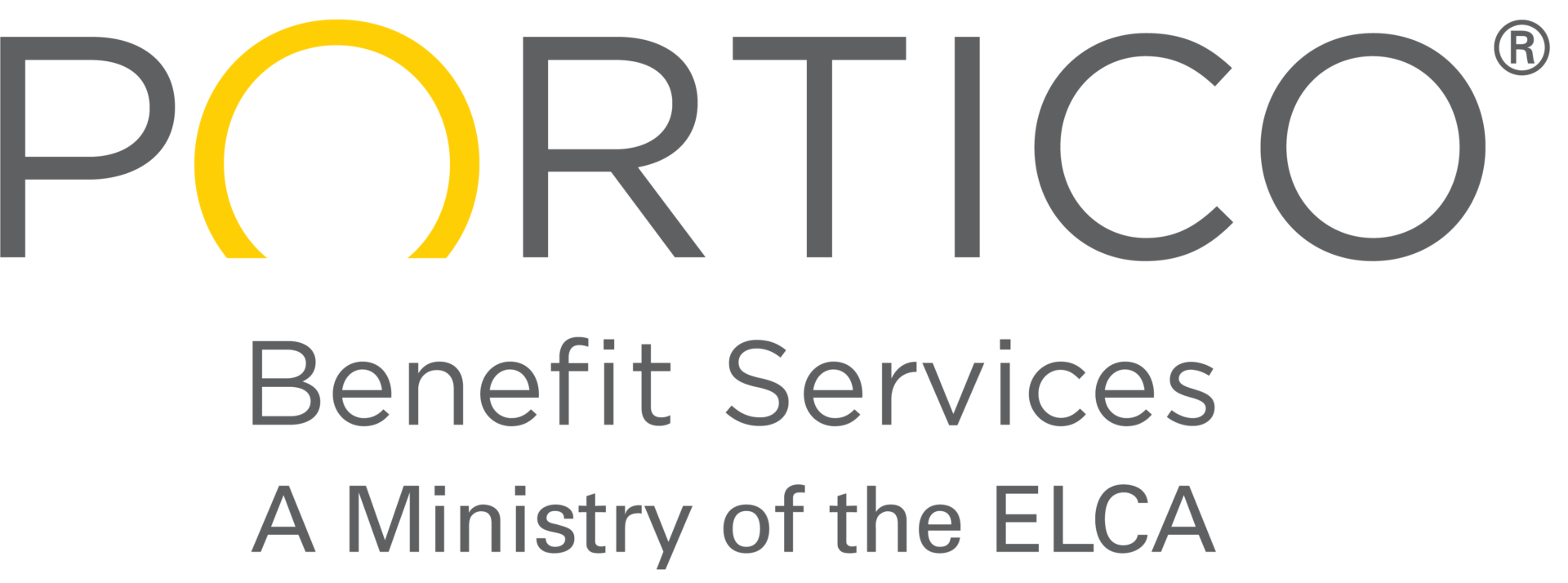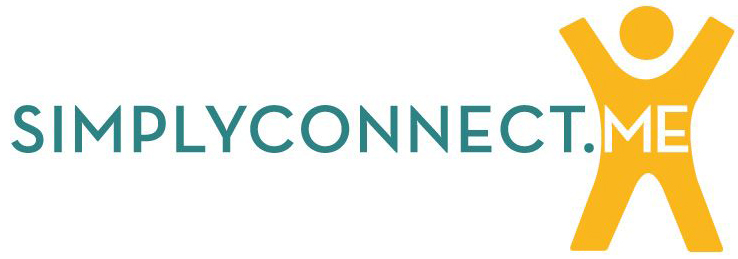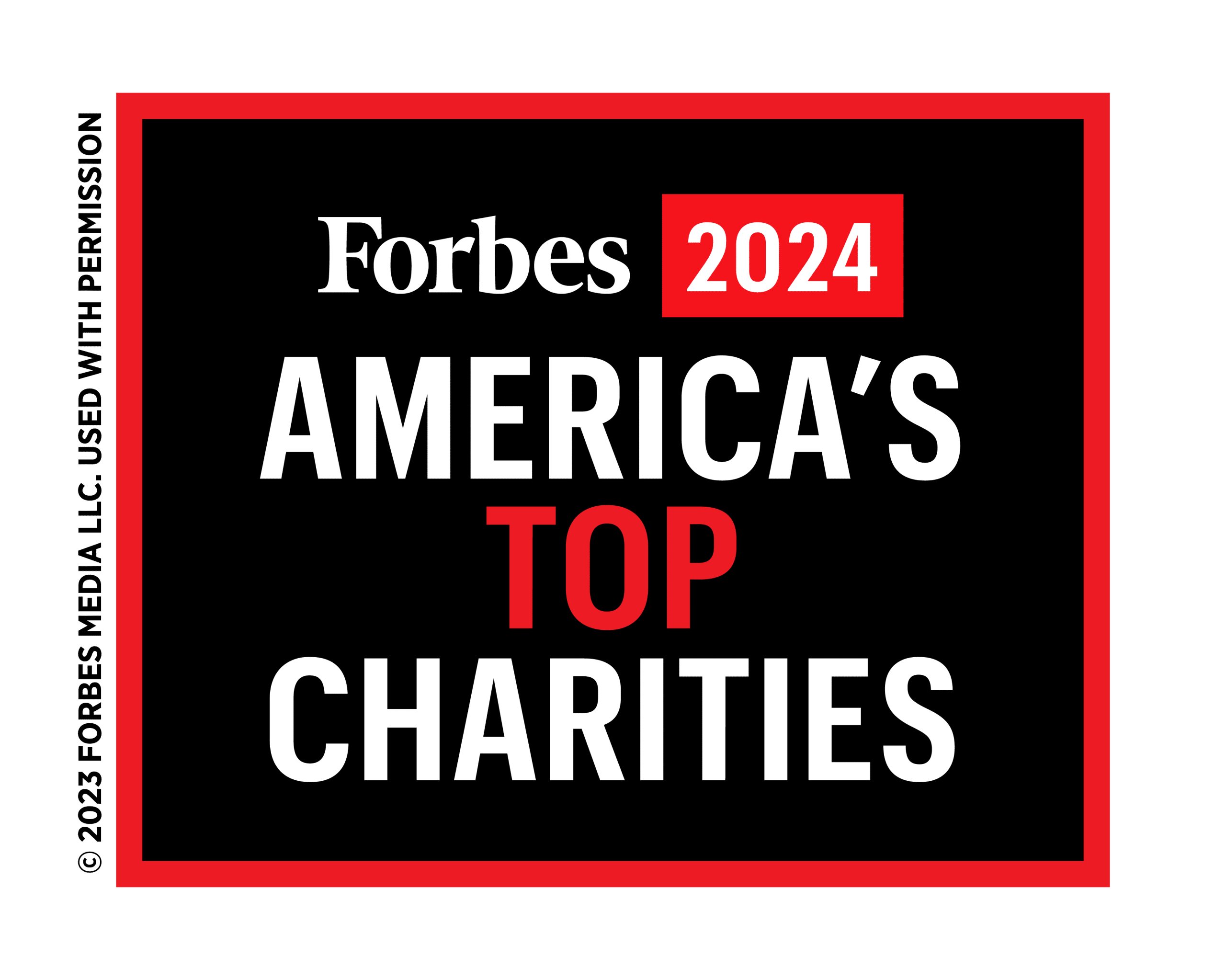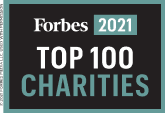Over the past few decades, the most innovative and forward-thinking ideas to enhance employee recruitment, retention and advancement have often been tried once, not supported and halted, fallen on the deaf ears of decision-makers or simply been ahead of their time. Employee Resource Groups (ERGs), also known as affinity groups or business resource groups, are one of these great ideas.
Affinity groups began forming in higher education in the 1930s and in corporate America in the 1960s when marginalized employees started to voice their concerns and experiences with discrimination, exclusion, and isolation in the workplace. The employees’ thoughts and ideas were frequently dismissed or even silenced. Now, almost 60 years later, the growing acknowledgment of the importance of diversity, equity, inclusion, and belonging has shined a spotlight on ERGs’ role in the workplace.
ERGs are employee-led and agency-approved networks of employees that offer innovative recruitment strategies, employee engagement solutions and professional development topics to the forefront of organizational thinking. This diversity of thought provides human resource departments and other departments with valued insights into the unique interests, challenges and benefits of diverse pools of talent. According to Christine Michel Carter, HR professional, author and corporate advisor, “the most innovative HR teams view these groups as a dynamic retention tool. It’s ultimately up to the employer to actively monitor employee morale and provide opportunities for advancement, but ERGs are an often-untapped resource.”
When provided the opportunity to be authentic and transparent, ERGs will benefit agencies in three significant ways:
- ERGs are safe spaces for employees to build trust and loyalty with the organization. The candid discussions during ERG meetings often reveal the ‘pain points’ and ‘blind spots’ within an organization. Simultaneously, ERGs provide a forum for employees to share realistic and repeatable solutions to improve the organization’s people systems, processes and practices, and culture from multiple viewpoints and experiences.
- ERGs serve as continuous connection points between the organization, its employees and workforce gaps and trends. Employees participating in ERGs provide insights into ways to improve employee morale and sense of belonging; enhance diversity recruitment efforts; and strengthen employee and customer engagement.
- ERGs are fundamentally designed to foster inclusion, improve diversity and increase effectiveness by developing a deeper connection between the organization’s mission, current and future employees and the communities it serves.
A prime example of the value and impact of ERGs is GuideWell’s Employee Community Groups.
GuideWell is a not-for-profit mutual holding company that is the parent to a family of forward-thinking companies focused on transforming healthcare. In 2016, GuideWell rolled out an initiative to focus on three core principles of their culture — Be Well, Work Well, Guide Well — in an effort to create a healthy, inclusive, respectful, and collaborative workplace. In 2017, some employees shared personal stories of racism in their cities, sparking GuideWell’s leadership to recognize the need for a safe space where employees could impart perspectives and talk openly. A series of discussion forums were planned to facilitate these courageous conversations around sensitive topics.
All GuideWell Communities lead the planning, organizing, and convening of the sessions, which are held about once per quarter. GuideWell’s executives, including the CEO, are very involved and serve as sponsors, facilitators, and panelists; however, the Communities themselves gather input from employees regarding topics, run the discussions, and act as panelists.
The Communities have since convened additional forums on politics and civility, gender identity and expression, stigma of mental health, lessons from the Holocaust, caregiving, opioid recovery, and more. Sessions are recorded and posted on the company intranet.
When created and implemented with authenticity, leadership support and the genuine desire to achieve equity, diversity, inclusion and belonging for all employees, ERGs are an effective tools for uncovering an organization’s inherent strengths for sustained growth.
If you are interested in continuing the discussion about ERGs and creating an inclusive environment in your workplace, please contact Susan Newton.
Tommie Lewis is the president and CEO of Make It Plain Consulting. Read Tommie’s post “I’ve Seen This Movie Before: ‘The Remake of Diversity, Equity & Inclusion – Old Challenges, New Day’” for more.

